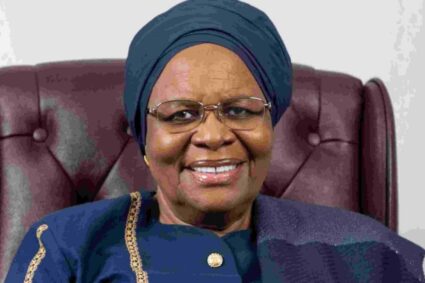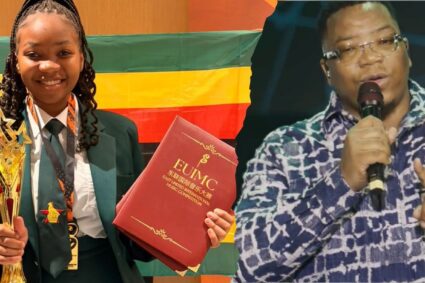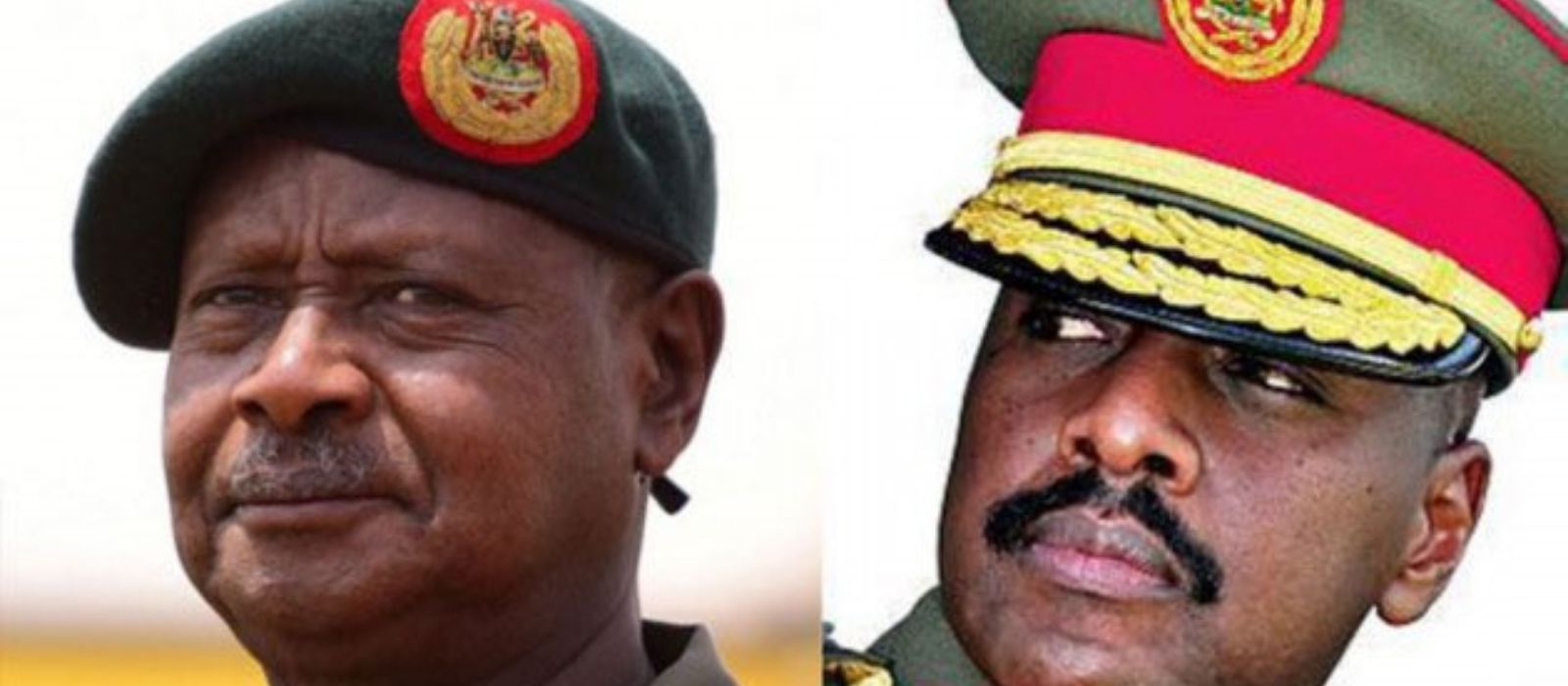
The question of who will succeed President Museveni has sparked curiosity not only in Uganda but across the African continent. Observers have speculated that Uganda may follow the trend of other African nations like Chad, DRC, Togo, and Gabon, where sons have succeeded their fathers as heads of state.
In this context, General Muhoozi has emerged as a prominent figure, generating significant attention on social media and in political circles as a potential successor to President Museveni.
A tweet in 2022 from General Muhoozi announcing his retirement from the military after 28 years of service raised eyebrows, as it was not in line with the procedures laid out by the Uganda People’s Defence Forces (UPDF). Despite this unconventional announcement, General Muhoozi has garnered support from many young people in Uganda, particularly among supporters of the National Resistance Movement (NRM), his father’s political party.
Under the banner of the MK movement, which is part of the Patriotic League of Uganda (PLU), General Muhoozi has been conducting campaigns across Uganda. The PLU movement, while ostensibly non-partisan, has drawn primarily from NRM members, some of whom are distancing themselves from President Museveni.
Addressing supporters in Masaka City, General Muhoozi emphasized the inclusivity of the PLU movement, welcoming individuals from various tribes, races, religions, and political parties. However, questions remain about the movement’s true political affiliations and its potential impact on Uganda’s political landscape.
Despite General Muhoozi’s popularity among some segments of the population, not all NRM MPs support his ambitions to succeed his father. Some believe that President Museveni, at 79 years old, should run for office again in 2026.
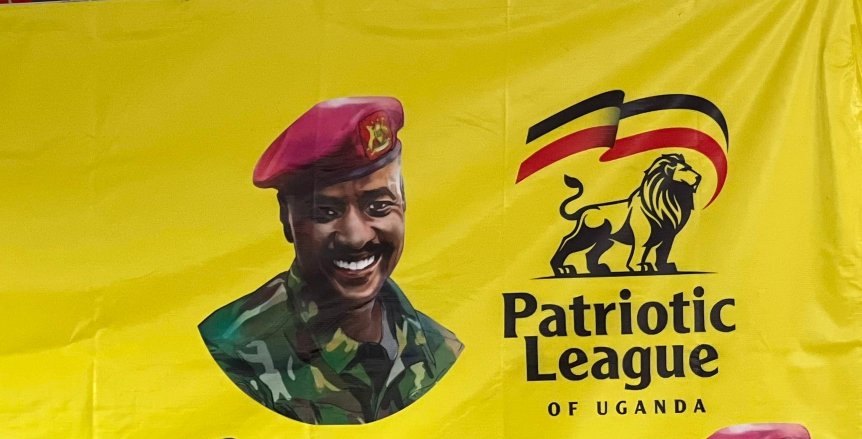
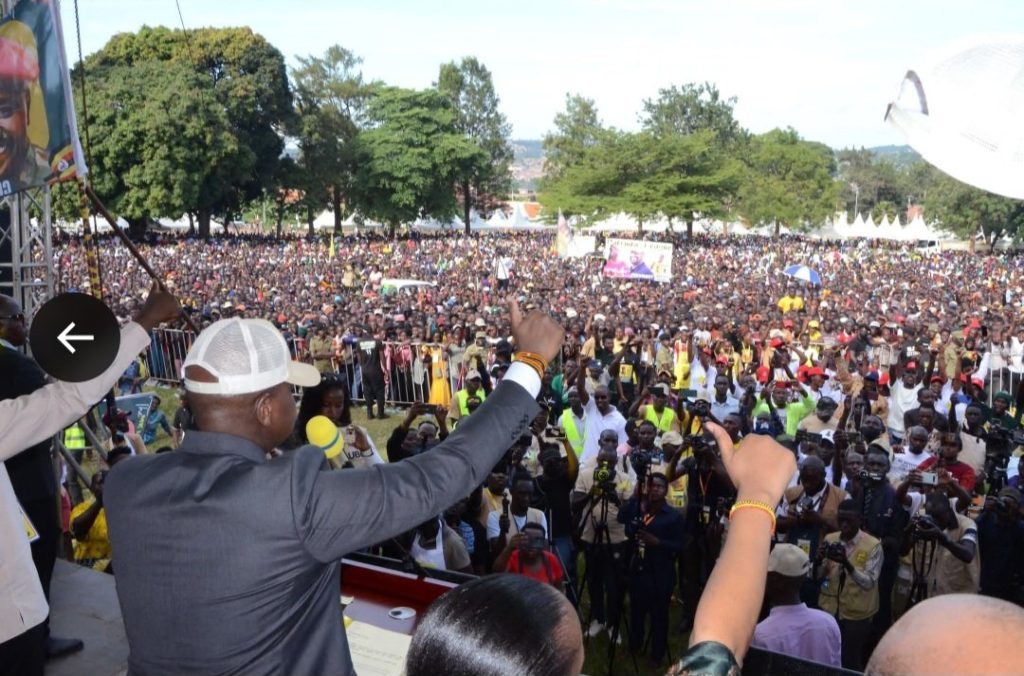
The speculation surrounding General Muhoozi’s political future has led to discussions about potential alliances and the implications for opposition figures like Robert Kyagulanyi, also known as Bobi Wine. The uncertainty surrounding Uganda’s political transition underscores the complexity of the country’s political dynamics and the challenges ahead.
President Museveni’s tenure has been marked by both achievements and controversies. His government’s successful campaign against AIDS and efforts to combat HIV/AIDS have been widely recognized, but his presidency has also been characterized by authoritarian tendencies, anti-gay legislation, and involvement in regional conflicts.
As President Museveni faces questions about his succession, Uganda stands at a crossroads, with General Muhoozi’s political ambitions adding a new dimension to the country’s political landscape.
